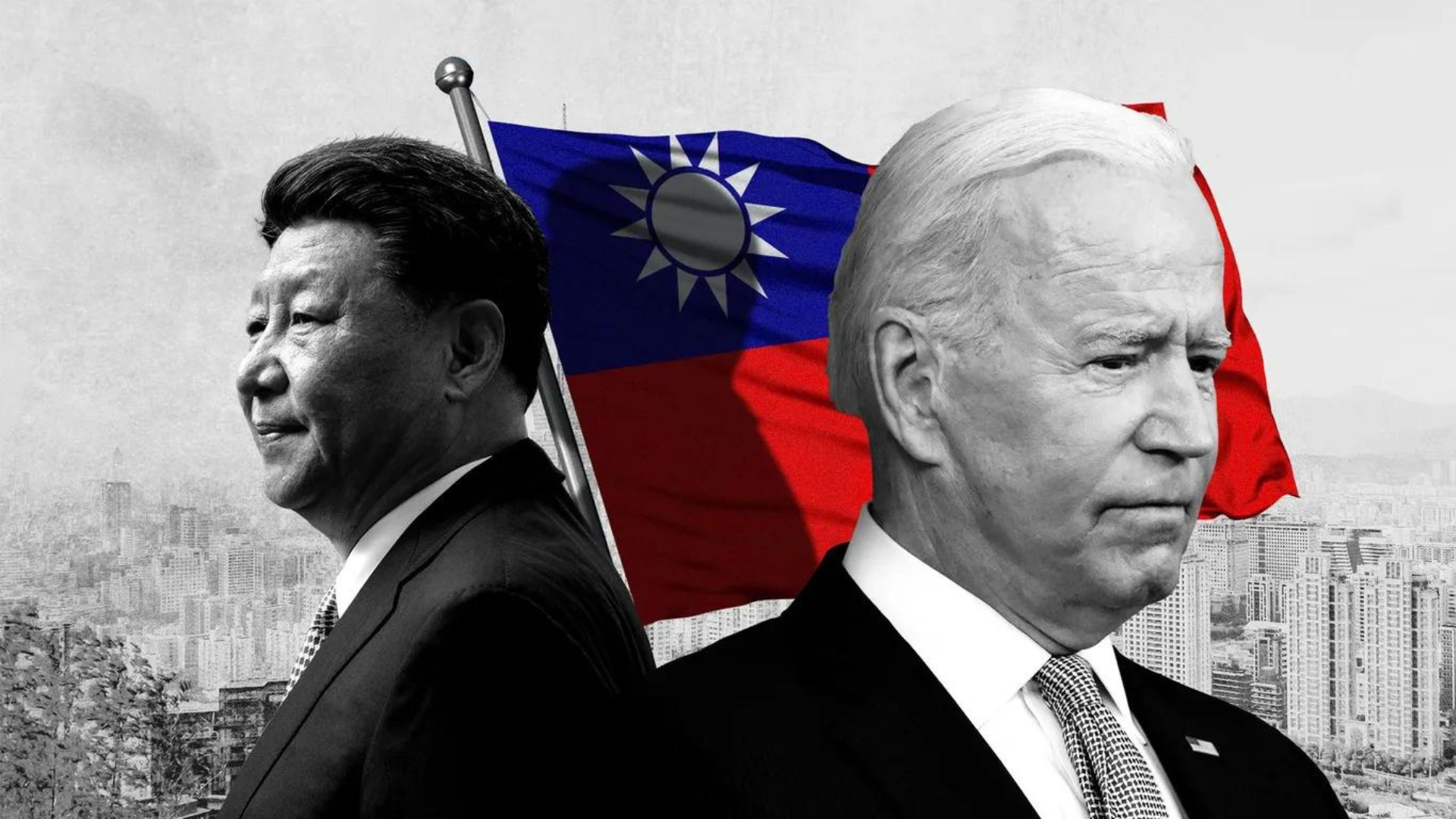
Published 01/15/2024 11:50 | Edited 01/16/2024 14:35
Part of the American electorate has fallen for the story that China is responsible for the decline in jobs and working conditions in several economic sectors in the United States. Former President Donald Trump of the Republican Party tried to capitalize on this sentiment to his advantage by preaching the “America first”, especially in foreign policy. In the Covid-19 pandemic, he provocatively called the new coronavirus “the Chinese virus”.
However, upon leaving the White House, Trump delivered a country with fewer jobs than at the time of his inauguration – a unique case in the history of the United States. Its negligence in combating the health crisis also took a heavy toll. With just over 4% of the world’s population, the country accounted for 17% of Covid deaths on the planet.
Joe Biden defeated Trump in the 2020 elections and, once in office, effectively abolished denialism in confronting the pandemic. But the provocations against China have not stopped. The current president is not as aggressive as his predecessor. Nor, however, does it have the subtlety of the Obama couple, who even produced a factious documentary, American Industry (2019), to insinuate that the USA is a kind of beacon of trade unionism as a counterpoint to Chinese culture.
At the same time, these long-standing US hostilities ended up strengthening political, economic, diplomatic and military ties between China and Russia, consolidating a more multipolar world, in which dependence on the United States falls decade after decade. To what extent does Biden benefit from being the president linked to the Democratic Party that most attacks the Chinese – and that, every now and then, is also forced to launch gestures of détente?
This “bite and blow” had a new chapter on Saturday (13), with the presidential election in the “rebellious province” of Taiwan, considered by the Chinese government as an inalienable part of its territory. The current vice president, Lai Ching-te, was elected with a confrontational speech. His party, in power since 2016, is against unification between the two countries. After announcing the results, Lai said his priority will be to “protect Taiwan from China’s threats and intimidation.”
It was expected that the presidential candidate would use this war rhetoric. Beijing, likewise, reiterated its historical and official position. “Taiwan has never been a country. It wasn’t in the past and it certainly won’t be in the future,” said Chinese Foreign Minister Wang Yi. According to the minister, “if anyone on the island of Taiwan thinks about seeking independence, they will be trying to divide the territory of China and will certainly be severely punished both by history and the law.”
Although the US has committed to maintaining only unofficial ties with Taiwan, the US Secretary of State, the always controversial Antony Blinken, made a point of sending a message to Lai Ching-te to congratulate him on his electoral victory. “We look forward to working with Lai and Taiwanese leaders from all parties to promote our shared interests and values,” Biden’s right-hand man said in the message.
Beijing did not issue a receipt and filed a formal diplomatic complaint. China’s Ministry of Foreign Affairs called Blinken’s statement “a seriously mistaken signal” to Taiwanese separatists. “China firmly opposes the US having any form of official interaction with Taiwan and interfering in Taiwan’s affairs in any form or under any pretext, the ministry said. The rebel province – added the ministry – is “the first red line that must not be crossed in China-US relations”.
The double game became so embarrassing that Biden, just on Saturday, was questioned by the press about the White House’s position in relation to Taiwan. “We do not support independence”, replied the president tersely, but reiterating his defense of “one China”. In an election year, with less than ten months to go before a likely new confrontation between Biden and Trump, the Democratic Party seems to have no clarity on the direction to follow.
Source: vermelho.org.br

